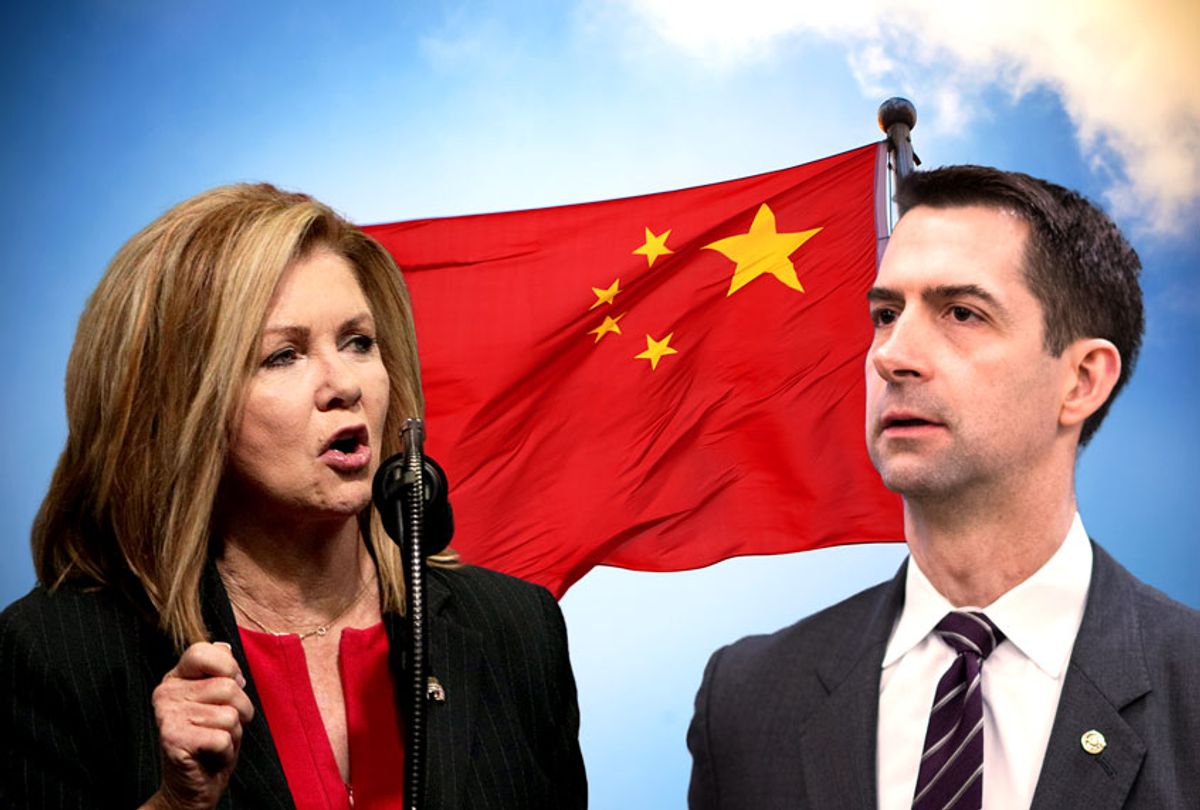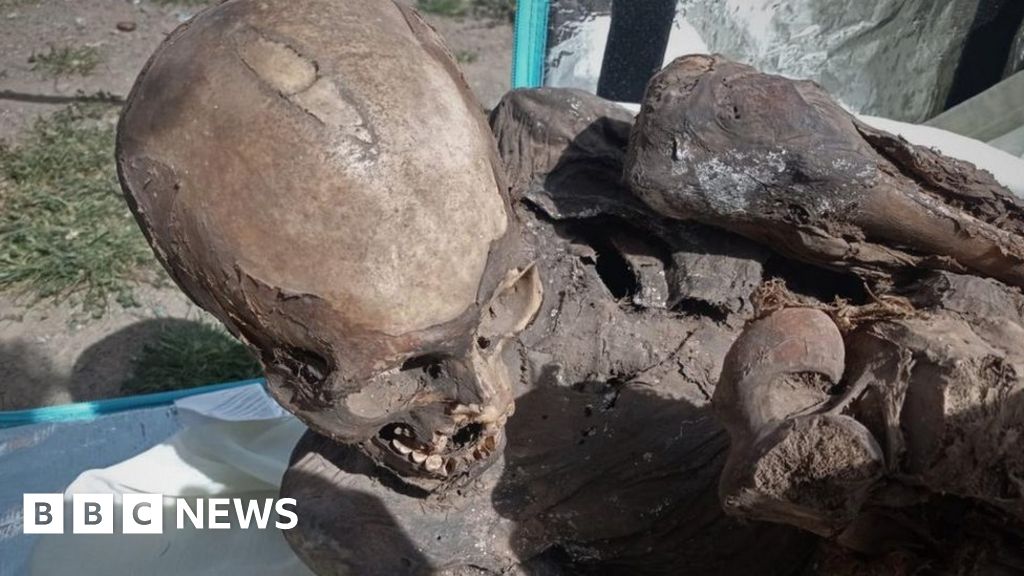
"The essence of intelligence is not the quantity of information processed, but the quality of the analysis."
Intelligence Snippet of the Week:
Cognitive biases are systematic errors in thinking that can occur when individuals process information. These biases can have a significant impact on intelligence analysis, as they can lead to inaccurate assessments and conclusions. Some common cognitive biases that may affect intelligence analysis include:
Confirmation bias: This is the tendency to search for, interpret, and remember information in a way that confirms preexisting beliefs or hypotheses. Intelligence analysts may be inclined to look for evidence that supports their initial assessments and ignore evidence that contradicts them.
Availability bias: This is the tendency to rely on readily available information, rather than seeking out additional sources. Intelligence analysts may be tempted to rely on information that is easily accessible, rather than conducting thorough research to gather all relevant data.
Anchoring bias: This is the tendency to rely too heavily on the first piece of information encountered when making judgments. Intelligence analysts may anchor their assessments on the first piece of information they receive, even if subsequent information suggests a different conclusion.
Groupthink: This is the tendency to conform to the opinions of a group, even if those opinions are not supported by evidence. Intelligence analysts may be influenced by the opinions of their colleagues or superiors, even if those opinions are not based on accurate information.
Overconfidence bias: This is the tendency to overestimate one's own abilities and the accuracy of one's judgments. Intelligence analysts may be too confident in their assessments, leading them to overlook potential sources of error.
To mitigate the impact of these biases, intelligence analysts should strive to maintain objectivity and use rigorous methods of analysis. This may include seeking out diverse sources of information, challenging assumptions and preconceptions, and encouraging dissenting viewpoints. It is also important for analysts to be aware of their own biases and to actively work to counteract them.
Weekend Insights
Social media is abuzz over a potential test launch of an undisclosed rocket or weapon system out of Cape Canaveral Space Force Station. Temporary Flight Restrictions (TFRs) have been put in place for launch operations. Two of the Missile Defense Agency's highly modified Gulfstream jets, using the callsign HALO, have been seen in the area to track projectiles and gather data on missile test launches and intercepts. Images on Twitter show what appears to be one of the Army's new Long-Range Hypersonic Weapon (LRHW) launchers erected in its firing position at Cape Canaveral Space Force Station. LRHW is one of the U.S. military's most highly anticipated weapon systems and is capable of boosting its hypersonic glide vehicle to very high Mach numbers over more than 1,725 miles. LRHW is part of an emerging hypersonic weapons race between the U.S. and its two primary near-peer state adversaries, China and Russia. The test launch would be a top talking point for Air Force and Space Force brass at the Air Force Association's Warfare Symposium.
German Chancellor Olaf Scholz has stated that China assured Germany it will not supply weapons to Russia for its war against Ukraine. EU foreign policy chief Josep Borrell also received similar private assurances from China's top diplomat Wang Yi. The statements come as a surprise because China has not publicly rejected the possibility of weapons deliveries to Russia. The EU is still monitoring the situation and has not seen any proof of China sending arms to Russia, but it remains vigilant. Any weapons transported from China to Russia could be seen as an escalation in the conflict in Ukraine.
Headlines

Azerbaijani troops and ethnic Armenians exchanged gunfire on Sunday in Azerbaijan's contested region of Nagorno-Karabakh, killing at least five people, according to reports from Azerbaijan and Armenia.
Nagorno-Karabakh was the focal point of two wars that have pitted Azerbaijan against Azerbaijan in the more than 30 years since both ex-Soviet states have achieved attendance.
Analyst Comment:
Nagorno-Karabakh is a disputed region internationally recognized as part of Azerbaijan but is predominantly inhabited by ethnic Armenians. The conflict between Azerbaijan and Armenia over Nagorno-Karabakh dates back to the early 1990s, with the region being the focal point of two wars. The most recent conflict erupted in 2020, leading to the recapture of large swathes of territory by Azerbaijan and the dispatch of Russian peacekeepers to the region.
The recent exchange of gunfire between Azerbaijani troops and ethnic Armenians in Nagorno-Karabakh is a stark reminder of the long-standing conflict over the disputed region. The fact that the incident occurred despite efforts by Azerbaijani President Ilham Aliyev and Armenian Prime Minister Nikol Pashinyan to resolve the conflict shows that the situation remains volatile.
The incident highlights the need for continued international engagement to prevent further violence and find a lasting solution to the conflict. The blockade of the Lachin corridor by Azeri environmentalists adds another layer of complexity to the situation, highlighting the broader environmental concerns in the region. The World Court's recent ruling ordering Azerbaijan to ensure free movement through the corridor emphasizes the need for international intervention to address the issue of Nagorno-Karabakh.

Tensions continue to mount between Russia and Moldova – a small country bordering on southwestern Ukraine that is seeking European Union membership. Moldova is also home to a breakaway region called Transnistria that has strong Russian ties, landing both places in the crosshairs of the war in Ukraine.
Moldova’s government voted on March 2, 2023, to formally condemn Russia’s illegal invasion of Ukraine.
Analyst Comment:
As Russia seeks to maintain its political influence in the region, the conflict in Ukraine has further raised tensions between Russia and Moldova. With Moldova seeking membership in the EU and Russia supporting Transnistria, the situation is complex and volatile. The presence of Russian troops in Transnistria prevents Moldova from fully controlling its own borders.
The situation between Russia, Moldova, and Transnistria is complex and has been ongoing for decades. The presence of Russian troops in Transnistria is a significant point of tension, as it gives Russia a foothold in the region and allows Moscow to intimidate Moldova and limit its Western aspirations.
The international community has expressed concern over the situation, with the United States and the European Union reaffirming their support for Moldova's sovereignty and territorial integrity. However, Russia has been critical of the EU's involvement in the region and accused it of interfering in Moldova's affairs. It is crucial for the international community to continue to monitor the situation and take steps to prevent a potential escalation of tensions. Negotiating a settlement for the Transnistria conflict and supporting Moldova's efforts to join the European Union are important steps in this direction.
An analyst appearing on Russian state-run TV recently asserted that Chinese President Xi Jinping is preparing for a future war with the West.
The exchange appeared on a Russian news program and was shared across social media by Russian Media Monitor, a watchdog group dedicated to reporting on the country's state-controlled news apparatus, on Friday. According to the group's founder, Julia Davis, the discussion in the clip surrounded possible Chinese military aid to Russia amid the country's ongoing war with Ukraine, and how it might be affected by China's recent peace proposal for the conflict.
Analyst Comment:
The analyst's comments on Russian state-run TV are concerning and should be taken seriously by policymakers and military leaders. While it is unclear whether Xi Jinping is truly preparing for war, his government's recent actions and statements indicate a growing tension between China and the West, particularly the United States. The possibility of China providing military aid to Russia is also alarming, as it could escalate the ongoing conflict in Ukraine and potentially draw other nations into the conflict.
China's recent peace proposal for Ukraine contains some positive provisions, such as calling for the sovereignty of all involved nations to be respected. However, the plan's failure to call for the withdrawal of Russian forces from Ukraine or for Russia to relinquish Ukrainian land raises questions about China's true intentions in the region.
The suggestion that China may circumvent international law to provide military aid to Russia is also concerning, as it suggests that China may be willing to engage in covert actions that could destabilize the region and undermine global security. Overall, the analyst's comments underscore the need for continued vigilance and cooperation among Western nations to address the growing challenges posed by China's assertiveness and rising global influence. Policymakers should carefully consider the potential risks and implications of China's actions in the region and work together to develop a comprehensive strategy to manage and mitigate these risks.
Country Profile
Brazil

Brazil is a federal presidential constitutional republic located in South America, and it is the fifth-largest country in the world in terms of land area and population. The Brazilian government is divided into three branches: the executive, legislative, and judicial. The President of Brazil is both the head of state and the head of government and is elected to a four-year term with the possibility of re-election for a second term. The legislative branch is composed of the National Congress, which is divided into two chambers: the Chamber of Deputies and the Federal Senate. The judicial branch is composed of the Federal Supreme Court, which is the highest court in the country.
The Brazilian economy is the ninth-largest in the world by nominal GDP, and it is one of the most diversified in Latin America. It is a mixed economy that relies on both market-oriented and state-led policies. The country's main industries include mining, agriculture, manufacturing, and services. Brazil is a member of the BRICS group of major emerging economies, along with Russia, India, China, and South Africa.
The Brazilian military is one of the largest and most powerful in Latin America. It is composed of the Brazilian Army, Brazilian Navy, and Brazilian Air Force, all of which are under the command of the President of Brazil. The military has a long history of involvement in Brazilian politics, having taken control of the government several times during the 20th century. However, since the end of the military dictatorship in 1985, the military has largely stayed out of politics and has focused on its primary mission of defending the country's sovereignty.
In recent years, Brazil has faced significant challenges related to political instability, corruption, and economic inequality. However, it remains an important player in regional and global affairs, and has taken a leading role in initiatives to address climate change and promote sustainable development.
Media Bias Alert
Given the recent COVID disclosure from the Department of Energy and the Federal Bureau of Investigation, let's take a look at how different news outlets have reported on the "Lab-leak Theory" since 2020.
Analysis of Bias:
In November 2020, The New York Times called the 'Lab Leak Theory' a 'right-wing conspiracy'. They called the claims made by Dr. Li-Meng Yan, a researcher in Hong Kong, unsubstantiated. The New York Times stated that media outlets catering to the Chinese diaspora and American conservatives are being fed by far-right American media, removing the theory from mainstream debate.
Analysis of Bias:
The article by Salon, in 2021, argues that the sudden interest in the "lab leak theory" regarding the origins of COVID-19 was due to right-wing pressure, not due to new evidence or unbiased journalism. The mainstream media was hesitant to give the theory much attention because there was no real evidence to support it, and it was being hyped by politically motivated sources. However, conservative pressure led to increased coverage of the theory, which ultimately led President Biden to order an investigation. The article argues that the media should avoid political bias by sticking to journalistic standards and avoiding poorly evidenced ideas, regardless of their political implications.
Initially, left-leaning media outlets declined to publish articles endorsing the notion that COVID-19 may have originated from the Wuhan Institute of Virology. They called the theory a right-wing conspiracy. However, following the Department of Energy and the FBI's recent public statements that point to a laboratory leak as the probable cause of the pandemic, those same publications are now discussing the theory, without acknowledging their prior stance on the matter.
Interesting Articles from the Weekend

Stay safe out there






